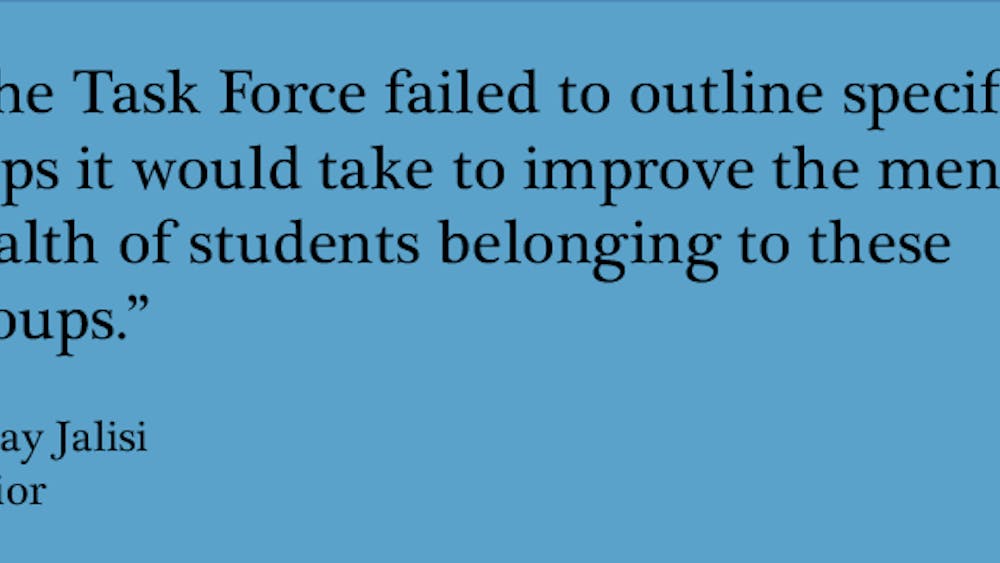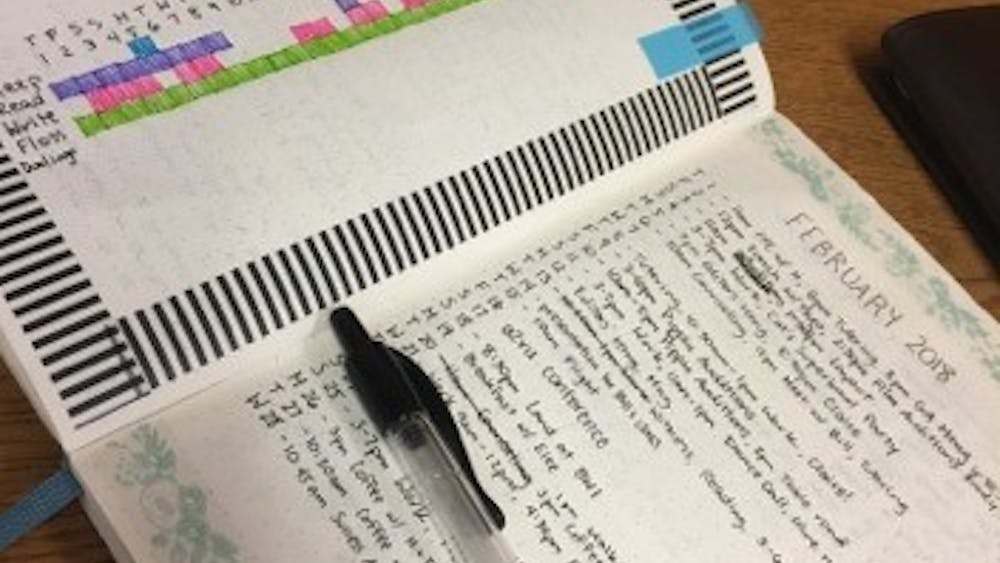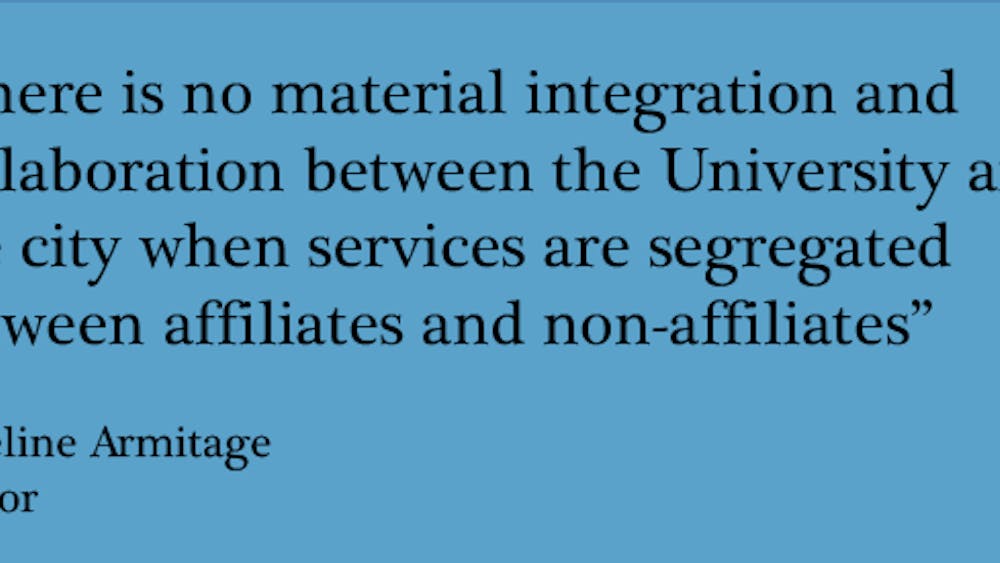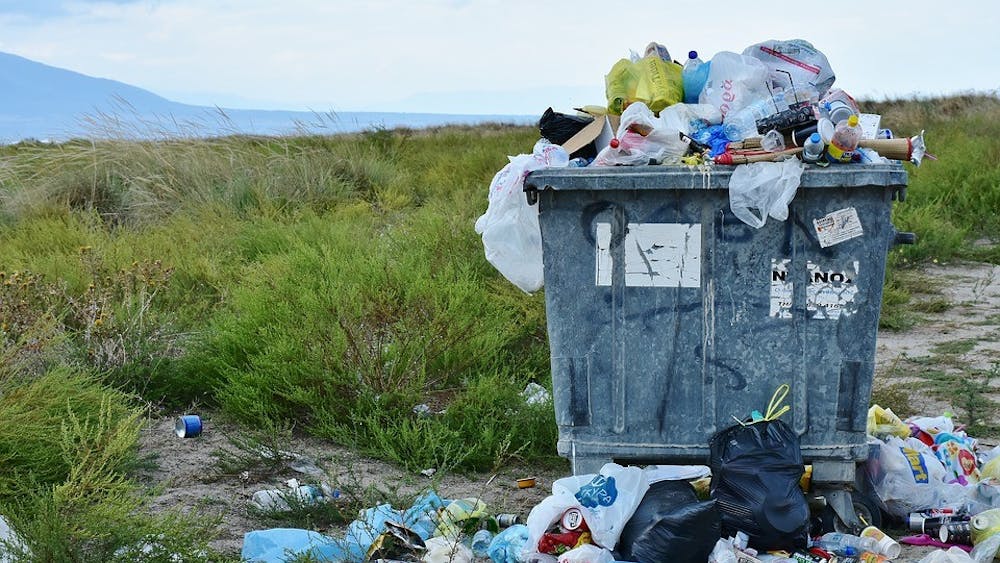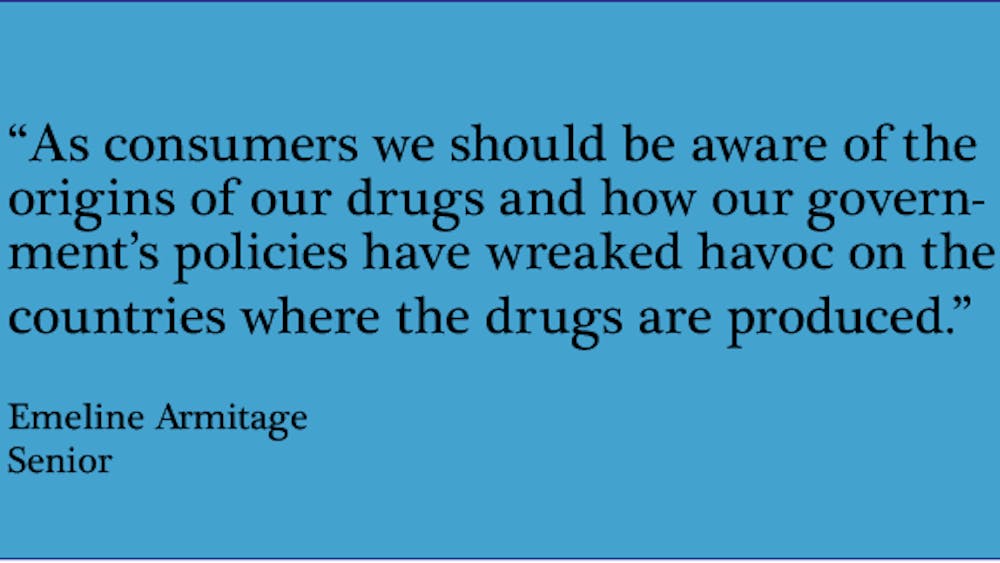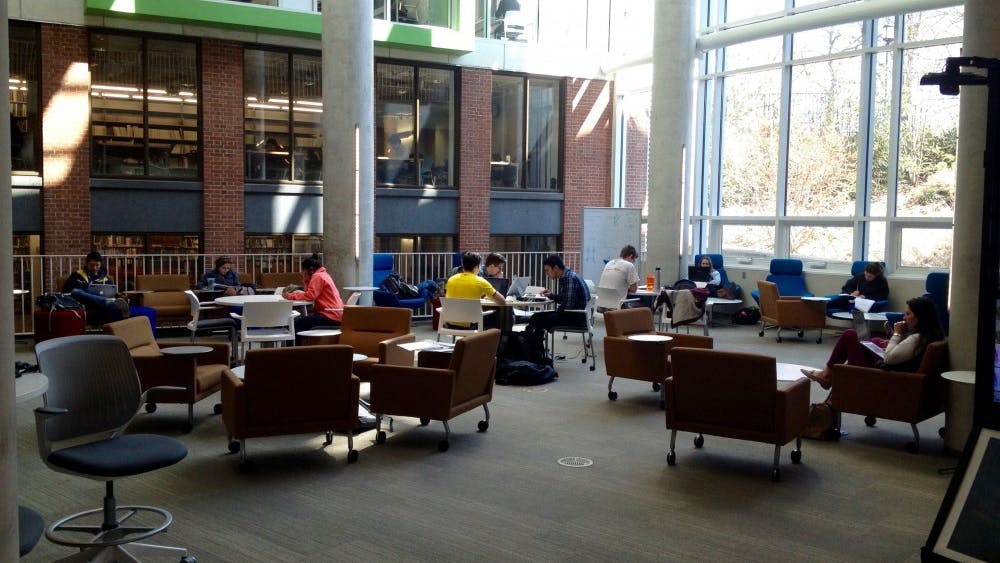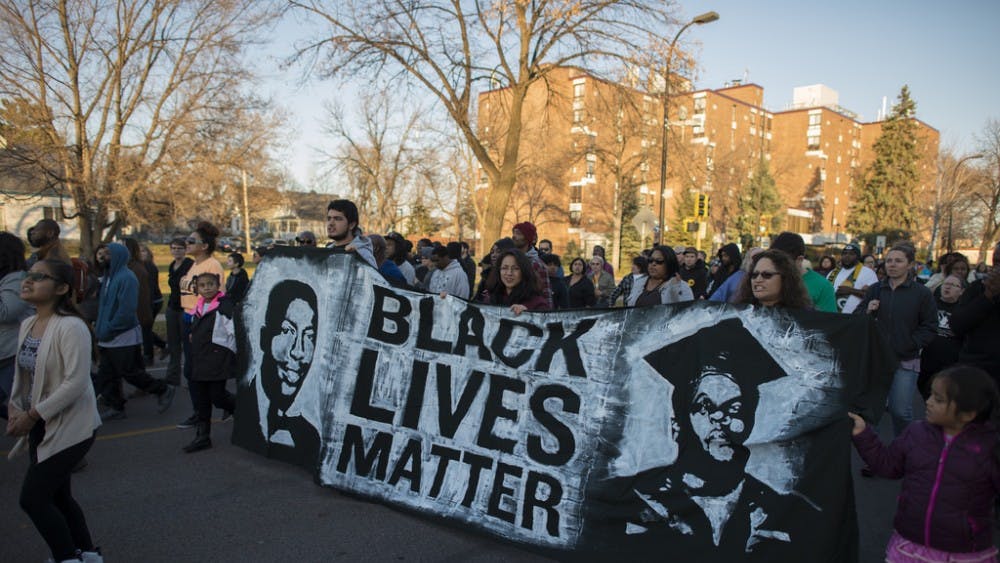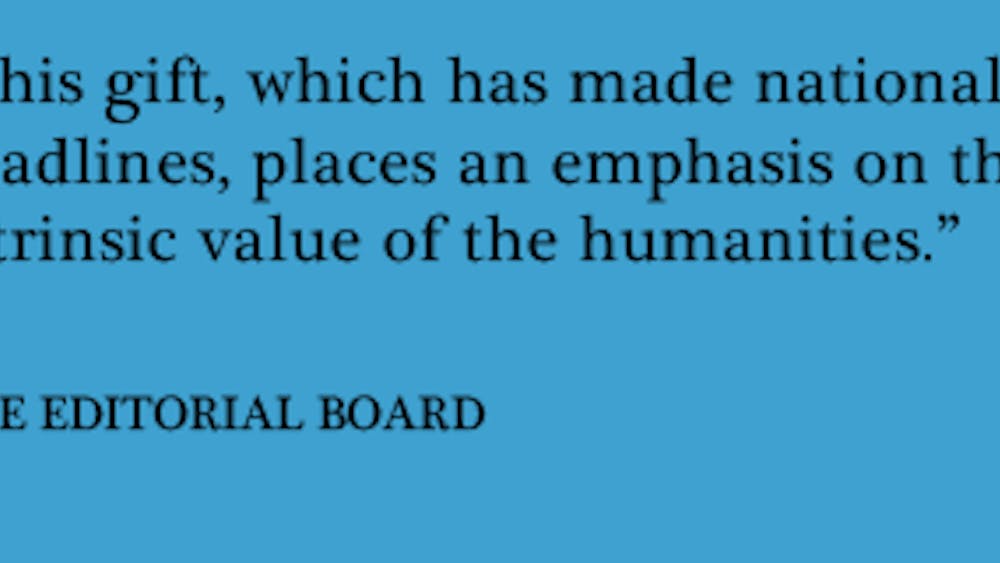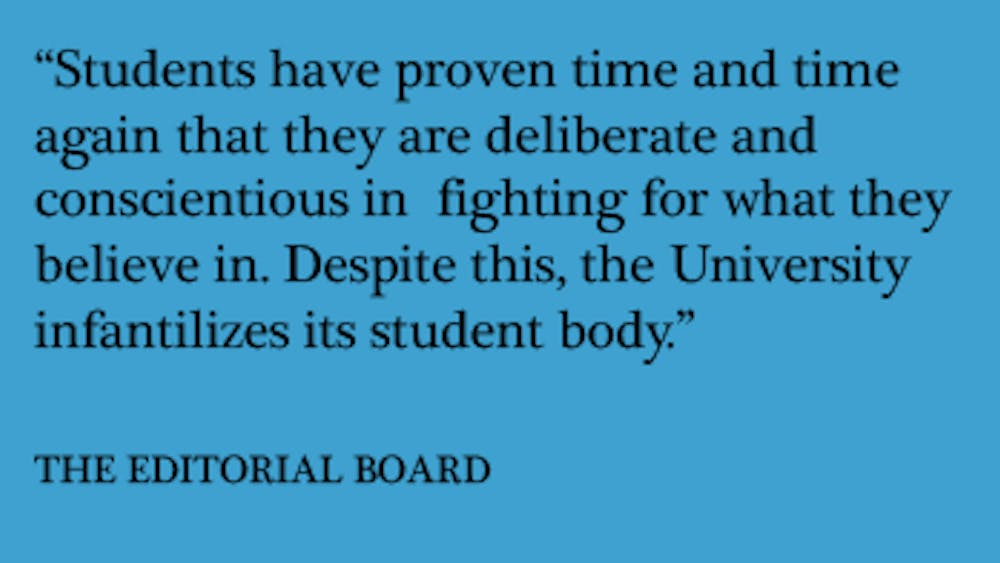Flip flopping in politics is more dangerous than ever
By SAMUEL FARRAR | March 8, 2018“Flip flopping” is a very charged term in the realm of politics. However, from Reagan’s flip from liberal abortion legislation in California to anti-abortion laws in the White House; to Nixon’s promise to end Vietnam that turned into massive escalation; to Lincoln’s promise to not use federal troops within the borders of the Union (a flip we are all thankful for) — this process of changing agendas is a very normal part of a president’s career.


